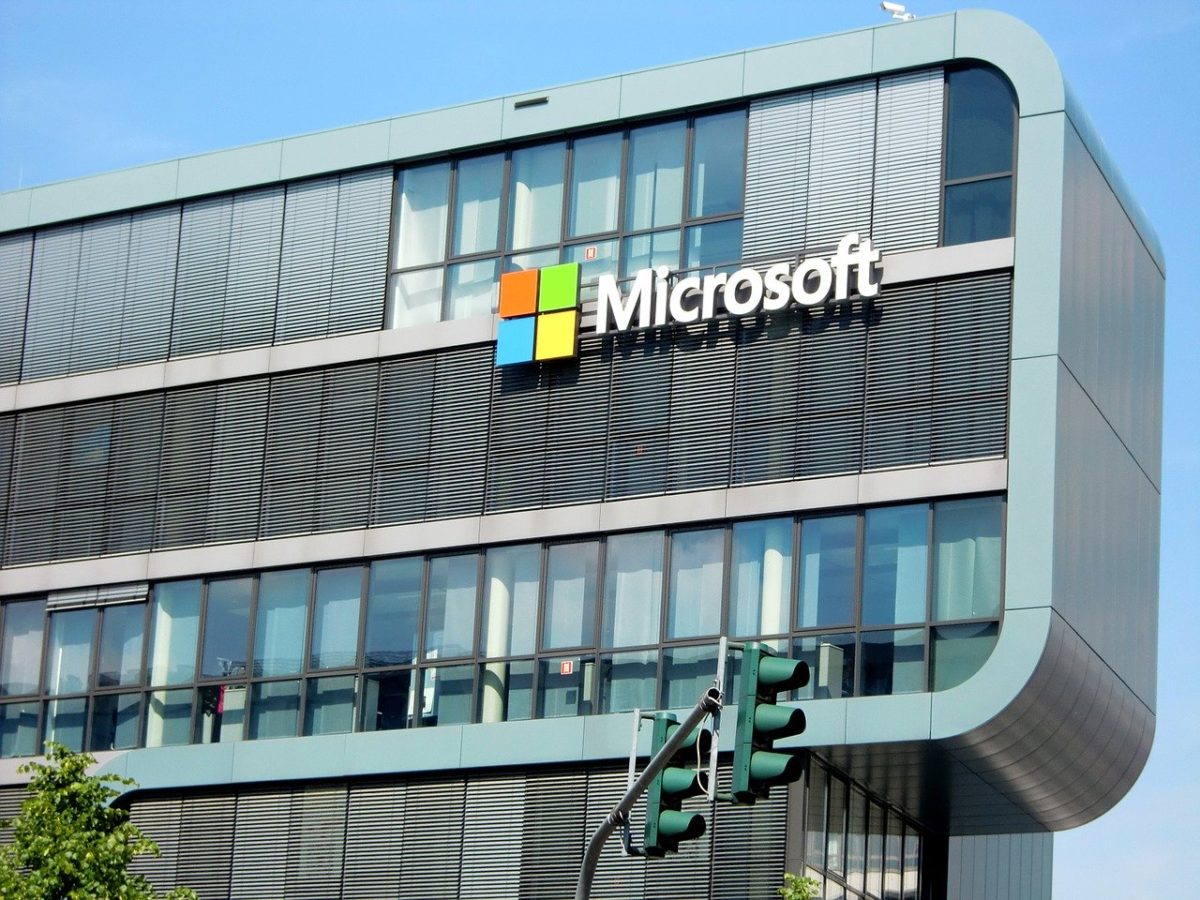For Microsoft senior director Renee Forney, tech has been a labor of love for her entire adult life.
After taking a computer elective in high school during the 1980s, Forney said she fell in love with the industry. When she went to college, all she wanted to do was code.
“I just thought it was the most fascinating thing to be able to program the machine and, with code, then have the machine do something,” Forney told Technical.ly. “I was always very curious, I always liked to know how things work. I’m still very much that same way.”
It’s a love, and a mindset, that has stuck throughout her career. In her 30 years in the tech world, Forney has changed jobs, sectors and even had a go-between of private and public-sector tech careers in a progression that she describes as “from manual to internet of things.”
After graduating from college, she started her career managing computer operations at a hospital in Virginia, where she said she first realized just how much of an impact coding can have on everyday lives. Following that experience, she moved on to work at a mutual aid organization for military families, administering and running its networks. She also worked as a consultant for a few years with firms like SAIC and Telos, as well as a few government agencies.

The latter led her into a long career in government organizations, starting out as the branch chief of the business intelligence division for the federal government’s General Services Administration. She followed this with deputy director, then executive director positions at the US Department of Homeland Security (DHS) before becoming the deputy CIO of cybersecurity at the US Department of Energy.
At the DHS, which Forney said was a relatively new agency at the time, one of her first assignments was performing a desk audit across all components of the department. While she was a little surprised at first, she said it turned out to be one of the best learning opportunities she’s ever had, enabling her to understand the mission of each segment of the organization and what it needed to achieve. Had she not done this, she said, she wouldn’t have been able to do the cyber portion of her job to the full extent, because she wouldn’t have understood the differences within each part of the work.
The experience taught her the best piece of advice that she still offers, and follows herself, today.
“Learn the business. That’s my best advice to anybody in the technology field,” Forney said. “Learn the business so that you can help them let technology enable the business.”
After deciding she wanted to move away from the government sector and try something new in finance, Forney spent a few years working as a senior director at Capital One before heading on to her current role. Now the senior director of Azure hardware systems and infrastructure security at Microsoft, she primarily works on the day-to-day in the supply chain space at the iconic tech company.
In the midst of her work running networks on a military base, Forney noted that she also completed a master’s degree while raising two young kids. It’s one of the things she’s most proud of: personally busting the stereotype that women can’t “have it all” in relationships, family life and a career.
“When someone asked me what was my greatest accomplishment once, it went back to that whole thing about how women can’t have it all and, for me, it was being able to find the balance,” Forney said. “Not that it was ever easy, but you can get there.”
Forney, who is also a mentor for young professionals and an instructor at Morehouse College, works to help out young technologists. While at the DHS, she developed a summer internship program for cyber students from community colleges and four-year institutions, which allowed them to work in a Secret Service forensics lab. Unlike many government programs, she set it up to take place in field offices, so students didn’t have to find a way to DC in order to complete it. For those that didn’t make it into the program, she also helped set up a series of tours for students of fusion and forensic centers across the country. The hope was to make the program, and cybersecurity careers in general, as accessible as possible, particularly for BIPOC students.
Learn the business. That's my best advice to anybody in the technology field.
“It’s sad to say, I can remember early on when I was the only person who looked like me in the room, and pretty much it’s somewhat the same way now in numerous cases,” Forney said. “So, helping young people come into this workforce is something that I’m very, very passionate about [as well as] helping young people also understand the implications of technology on their lives in the digital world that they live in.”
Lifting other technologists is an important theme for Forney, who noted that tech isn’t something one can really be successful in on their own. She’ll carry these ideals into her next move, which will likely be into board service, and beyond.
Tech, Forney said, “is like a circle. I always say that there’s plenty of room on the circle for everyone in the technology field. It’s a part of our lives.”







